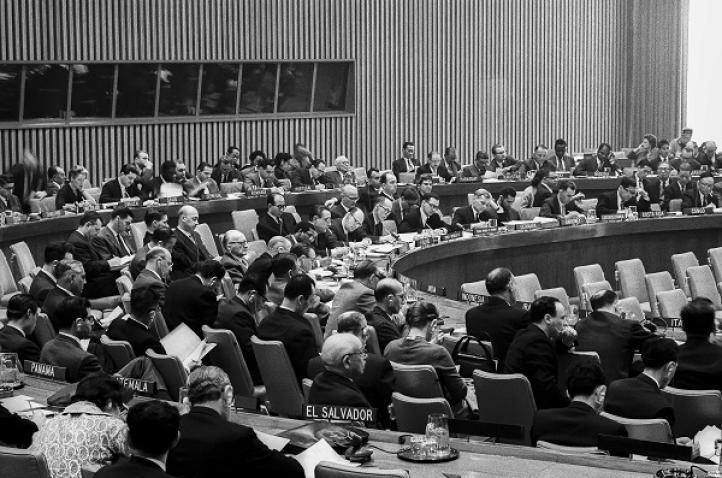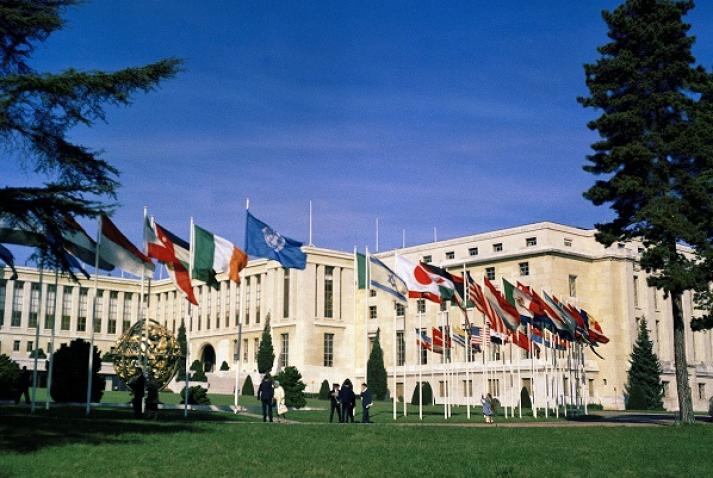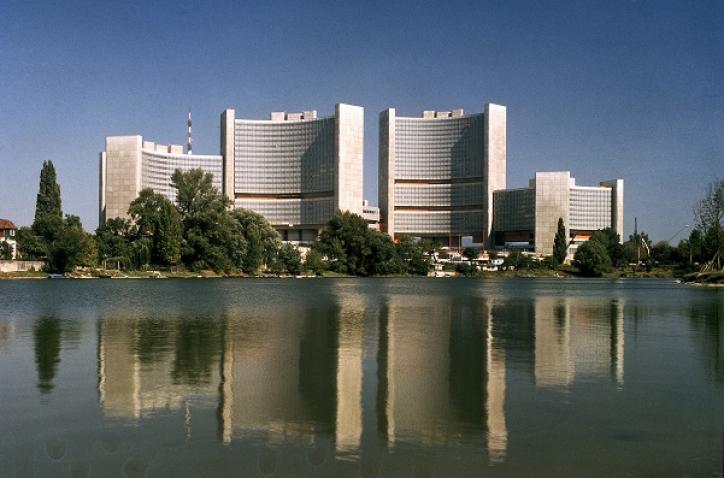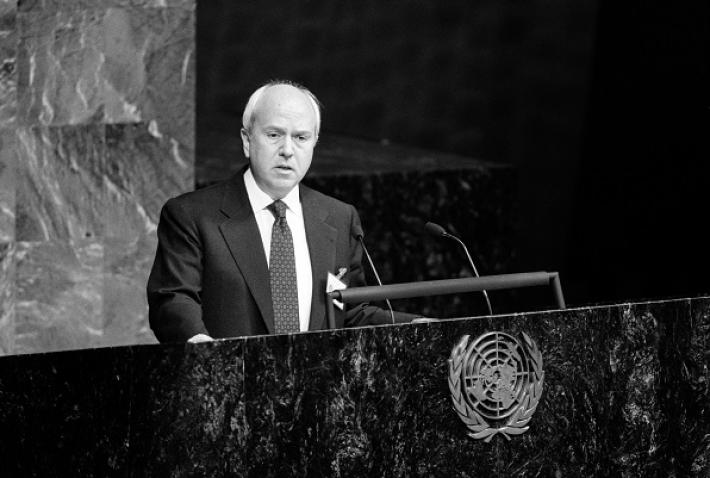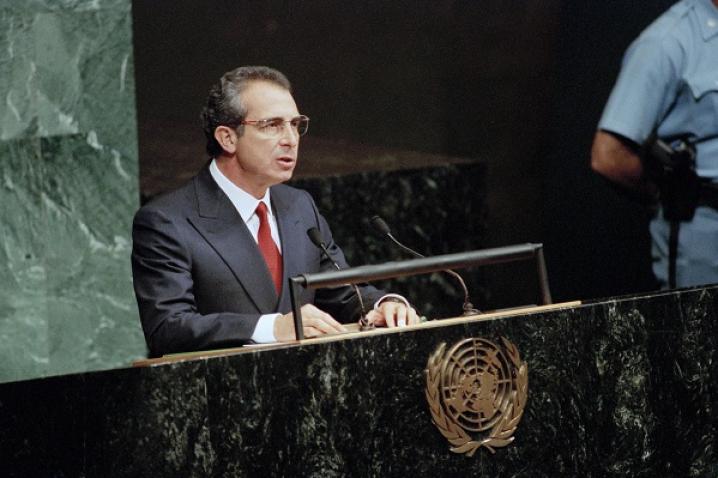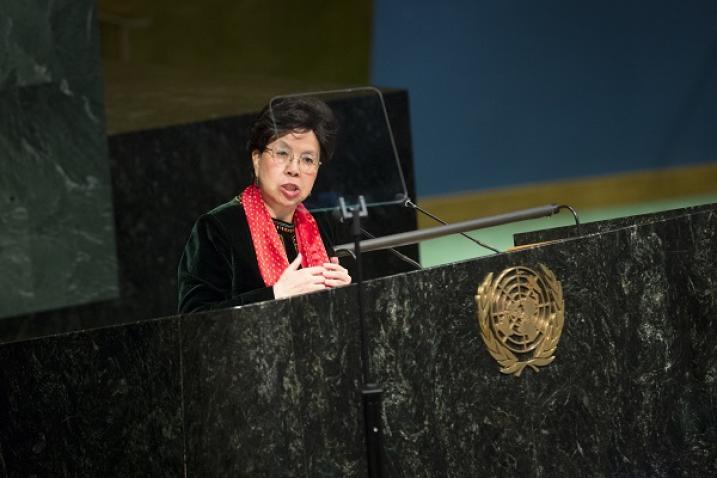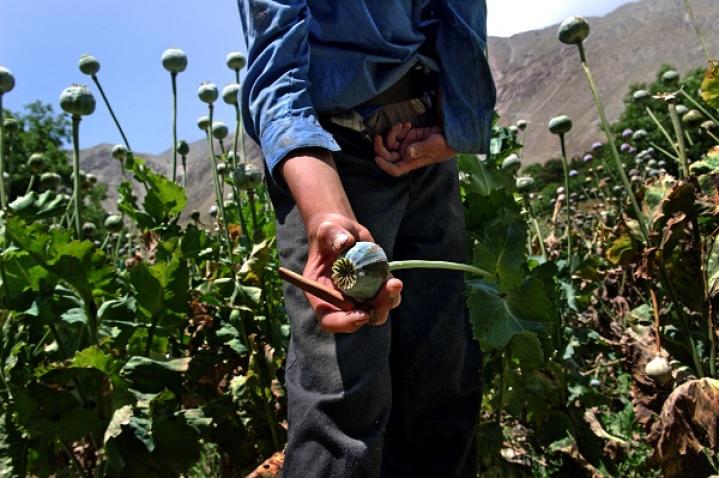BACKGROUND
In 1961, the United Nations began holding periodic conferences on the issue of drug control. These conferences led to three major international drug control treaties.
The first of these treaties, the Single Convention on Narcotic Drugs was adopted at a UN Conference In March 1961 in New York. The Convention aimed to combat drug use through coordinated international intervention. It is intended to limit the possession, consumption, trade, distribution, import, export, manufacture and production of drugs only for medical and scientific purposes. It was also meant to fight against drug trafficking through international cooperation to deter drug traffickers. In 1972, at a UN Conference in Geneva, the Single Convention on Narcotic Drugs was modified by the Protocol amending the Single Convention on Narcotic Drugs.
The Convention on Psychotropic Substances of 1971 was adopted at a UN conference in 1971 in Vienna. The Convention established an international control system for psychotropic substances. It responded to the diversification and expansion of the number of drugs giving rise to illicit use and set up controls on a number of synthetic drugs according to their potential for illicit use on the one hand and their value. therapeutic on the other hand.
One of the major objectives of the first two treaties was to codify control measures to be applied at the international level to ensure the availability of narcotic drugs and psychotropic substances for medical and scientific purposes, and to prevent any diversion into illicit channels. These treaties also include general provisions on drug trafficking and abuse.
At a United Nations Conference in 1988 in Vienna the United Nations Convention against Illicit Traffic in Narcotic Drugs and Psychotropic Substances was adopted. The Convention provided pragmatic measures against drug trafficking, including provisions against money laundering and the diversion of precursor chemicals and international cooperation through controlled deliveries and prosecution transmissions.
These three conventions established the major drug control treaties still in use to this day. The UN General Assembly then convened extraordinary sessions on the issue of drug control. The first GA special session opened on the theme of drug abuse on 20 February 20 1990 in New York. Member States were concerned about the growing scale of the illicit demand, production, supply, trafficking and distribution of narcotic drugs and psychotropic substances. The United Nations was alarmed by these threats to the health and well-being of mankind as well as the stability of nations, political, economic, social and cultural structures of all societies.
The United Nations proclaimed at the end of this session that the period 1991-2000 would be the United Nations Decade Against Drug Abuse. In addition, this session approved the Political Declaration and Global Program of Action to combat the drug scourge.
The second extraordinary GA session took place in June 1998, to review the fight against the illicit production, sale, demand, trafficking and distribution of narcotic drugs and psychotropic substances and its related activities, and proposed new strategies, methods, and practical activities and special measures to strengthen international cooperation in the face of the problem of illicit drugs.
The General Assembly held a Special Session on the world drug problem from 19-26 April 2016, in New York, to take stock of the implementation of the Political Declaration and Plan of Action on International Cooperation for an Integrated and Balanced Strategy to Combat the World Drug Problem. The session resulted in an important document, Our Joint Commitment to Effectively Addressing and Countering the World Drug Problem.
THE WORLD DRUG REPORT 2020
Presented in six separate booklets, the World Drug Report 2020 published by the United Nations Office on Drugs and Crime provides a wealth of information and analysis to support the international community in implementing operational recommendations on a number of commitments made by Member States, including the recommendations contained in the outcome document of the special session of the General Assembly on the world drug problem, held in 2016. Booklet 1 provides a summary of the five subsequent booklets. Booklet 2 focuses on drug demand and contains a global overview of the extent of and trends in drug use, including drug use disorders, and its health consequences. Booklet 3 deals with drug supply. Booklet 4 addresses a number of cross-cutting issues, including the macrodynamics that are driving the expansion and increasing complexity of the drug markets. Booklet 5 looks at the association between socioeconomic characteristics and drug use disorders, and Booklet 6 addresses a number of other drug policy issues that all form part of the international debate on the drug problem. (See more at World Drug Report 2020).
UNODC: THE DRUG CONVENTION GUARDIAN
The United Nations Office on Drugs and Crime (UNODC) was established in 1997 as a result of the merging of the United Nations Centre for International Crime Prevention and the United Nations International Drug Control Programme, in order to focus and enhance its capacity to address the interrelated issues of drug control, crime and international terrorism in all its forms.
UNODC is the guardian of most of the conventions related to these issues, including the international drug control conventions which resulted from UN drug conferences.
During the COVID-19 pandemic, UNODC continued to focus on delivering vital assistance to those in need, including to people who use drugs and with drug use disorders, who are in prison and who have HIV/Hepatitis C, specific pockets of vulnerability that need to be focused on in order to help slow the spread of the pandemic.

